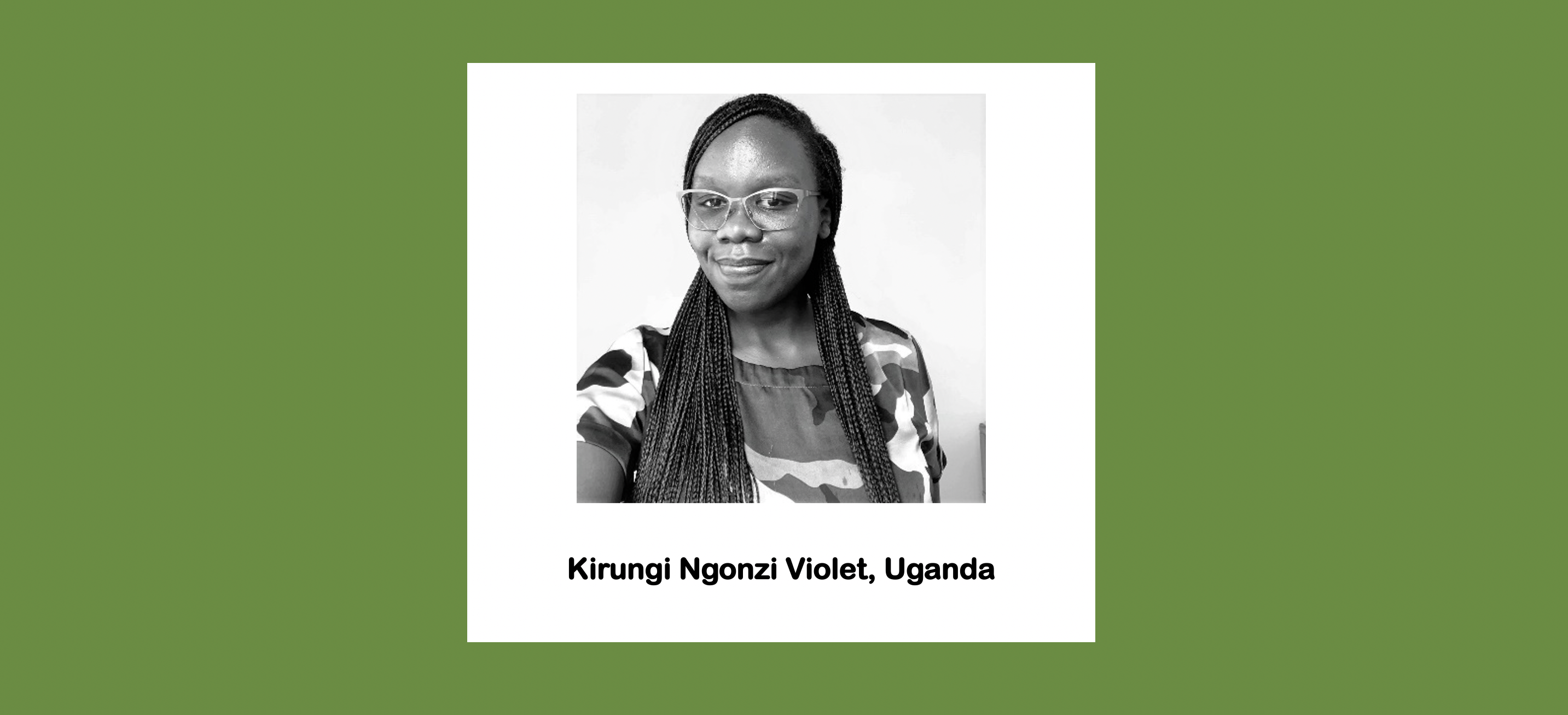Kirungi Ngonzi Violet
Kirungi is a Community Psychologist/Psychosocial Officer working in Uganda.
A JOURNEY OF A PSYCHOLOGIST
Supporting persons of concern is a passion that developed when I joined the West Nile refugee operation in Uganda. With the end of the emergency phase, more mental health issues started to emerge as the number of suicide cases increased as a result of different factors such as financial constraints, selection criteria for support among others. More than three attempted and one or two complete suicide cases occurred on a monthly or bimonthly basis which was not good for the mental health partners. Seeing the minimum living conditions of refugees and the need for mental health services made me commit to supporting refugees and this has been rewarding both emotionally and physically.
There are instances where I found myself unable to support the community because of the different humanitarian, financial and/or even project limits. Sometimes due to the desire to support people, I sometimes gave out some of my belongings like clothes and shoes as donations to outreach teams or hand them to anyone (refugees and nationals) who needed them. In some instances, I found myself failing to wholesomely support some clients because of different reasons such as the bureaucracy in the support system, and population target as some projects were targeting some leaving out others.
There is also a deficit of mental health personnel in the refugee operation leading to a high caseload. This is attributed to the high population of refugees which has led to a high client-counsellor ratio thus untimely support. With the support from different projects, Community-based Psychosocial Support (CBPS) has been a very good tool that has helped to alleviate some of these caseloads and early identification of cases. Training communities on mental health and psycho-educating them on the different mental illnesses has made it easy for clients to be supported by the community rather than stigmatising them.
Recognizing the already existing resources within the community and making use of them has helped me to offer more relevant and suitable services to the refugee communities. Understanding the cultural perspective on mental health and educating the community on the standard information on mental health has been an interesting journey and this has helped me and the team I work with to build more relevant assessment tools for better service delivery.
The most important personal principles that guide my work is empathy and an optimum work-life balance. People working in refugee settings stand a high risk of vicarious trauma and psychological distress as a result of listening to the different experiences their clients go through during the support process. To avoid this, I intentionally drew a clear line between my work life and personal life and do activities that help me have optimum psychological well-being.
At the end of the day, a client who successfully accesses mental health services is what makes this profession the best choice I’ve ever made. Of course, life is never perfect but optimum mental health and psychological well-being are what I strive for both for myself and the community around me.

